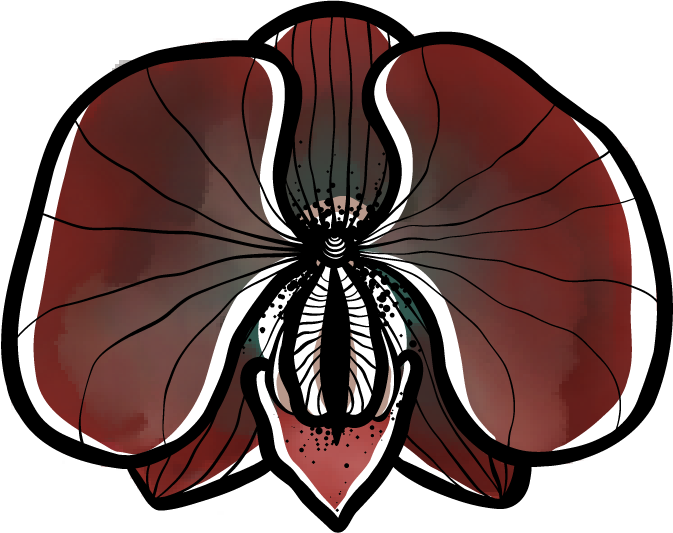Karen, we all know her. Or do we?
The first time I heard the Karen trope — you know, the middle-aged white woman who demands to speak with a manager — was early in the days of the pandemic. It took me nearly a year to be called one myself.
The experience let me in on a little secret: Karen is yet another tool in a very deep arsenal used to silence women.
My Karening
I was called Karen more than 300 times in 24 hours. I don’t know the exact number; I stopped counting when the comments became overwhelming (38,000 views and counting).
It was in response to a TikTok video I’d posted, a video response to another TikTok video where a father paraded his five young daughters across the screen, aping a TikTok trend where women exit a room while twerking. (If it sounds weird, it is; you’re just not on TikTok.) My video reply — rather curt and direct, a reflection of my passion — pointed out the origin of the trend and the age of his young girls, the eldest being maybe 16.
Let me be clear: I take no issue with consenting adult women twerking on TikTok or anywhere else they choose. But as a former adolescent girl whose body was routinely hung out to dry by adults and the mother of a little girl, it’s very much in my lane to say that we shouldn’t sexualize young girls before they’ve had a chance to know what it means to be sexual. And for that, I was called Karen.
Who Actually Is the Manager?
I was shocked by the response to the video. Absolutely floored. I admit I thought we were all in agreement about things like pedophilia, or the dangers young girls face online. Sadly, no.
In the days that followed I talked with many women whom I trust with my wounded heart. I took many long walks. I turned off all notifications on my phone and considered even taking the video down. But after considerable meditation, I decided not to.
Because in a world that constantly threatens women who have opinions, I must exercise my right to exist.
Same Wolf, Different Haircut
Before I can unravel Karen, we must acknowledge that I, as a white woman, have the ability to more safely state what I stated in that video. I am less vulnerable than a woman of color making the same argument. Yet that doesn’t mean I should be accosted or abused for having a strong opinion. It doesn’t mean that anything I say that has a tinge of holy rage should be dismissed. But this is what the Karen label does.
Walk with me down this road that leads to the real Karen. Here are just three questions to lead you to where I ended up:
- Why does “Karen” dissolve immediately upon examination? We all agree she’s white and middle-aged. But why is she sometimes tyrannically pro-mask and sometimes loudly anti-mask? Why is she sometimes tyrannically racist, but other times the anti-racist thought police? Why is she sometimes a judgmental Christian, but other times she’s someone like me, who is decidedly not?
- Why is there is no equivalent for outspoken white men? Sure, there’s “Chad” but that’s like saying that calling someone “honky” is harmful.
- Why is there absolutely no response that will redeem a woman who is called Karen? Notice how anything she says after that nametag is stuck on will be met with more Karen-calling. She is effectively silenced with one word.
The Karen trope plays on the idea that we should all be good girls, no matter how much burning rage we’re swallowing. Though the world is changing in ways that leave us all whiplashed and confused, we should never show anger, express our confusion through outrage, fall into the human trap of blaming someone, or ask for a different answer. No, we should catch our flies with honey. We should curtsey and forget that the bloodthirsty Kali has temples built in her name.
Where Do We Go From Here?
The issue of some white, middle class women who feel entitled to speak about things that are far outside their business is very real, and very harmful. But using shame — the bitch slap that comes with Karen-calling — guarantees that a person’s behavior will not change; it only perverts it.
I won’t be shamed into changing. I shame anyone into changing. What I will do is hold space for the rage that is often the only fuel a suppressed woman has left. I will protect the sacred power of a young girl’s budding sexuality. I will build a world where no woman is force fed a diet of guilt and shame, but instead where we can lasciviously lick the blood and honey from our fingers.
But before we can live in this world of my deep desires, someone is going to have to speak to a manager.





